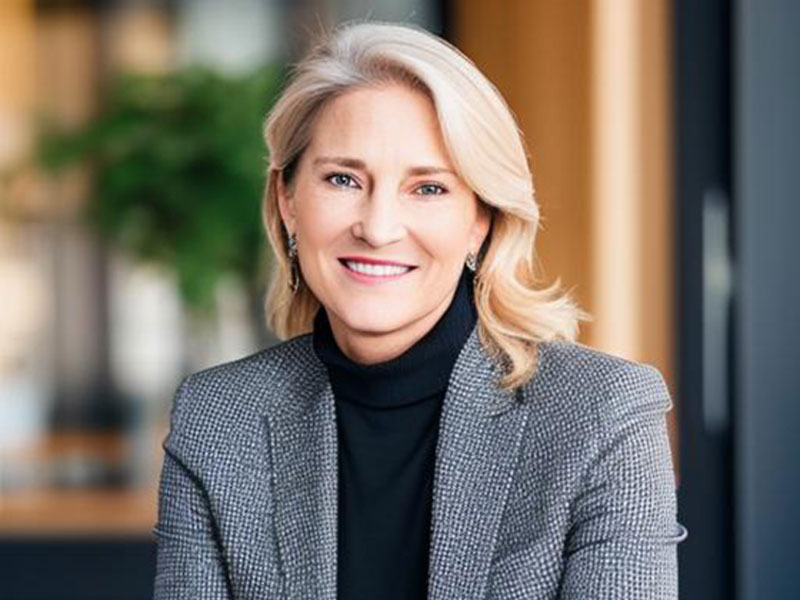Clients should replace “hopelessly” outdated contracts with the ANA’s contract template ASAP, according to industry insiders contacted by Campaign Asia-Pacific.

ASIA-PACIFIC – A new set of media-transparency guidelines from the US Association of National Advertisers (ANA) is a good start and just as relevant for marketers and agencies in Asia-Pacific as anywhere else, according to several people in the media industry.
A key part of the report is an anti-rebate contract template that ANA suggests marketers use for their media-agency relationships. ANA also strongly urges companies to appoint a chief media officer to oversee media strategy, partner with external agencies and work with third-party suppliers.

“The ANA did a positive job working with a leading US law firm to produce a contract draft,” said Greg Paull, principal at R3. “Every marketer needs to benchmark their own approach to this as soon as possible.”
According to Paull, both media agencies and media vendors in APAC are under huge pressure to generate returns, thus, amplifying the issue of rebates and discounts further.
Paull has been urging clients to change their contracts immediately. “Marketers will have no legal standing in this debate unless the wording in their contracts protects them from these kind of issues,” he said.
“It makes no sense for one company to give another $10 million, $50 million or $100 million and not expect some independent oversight on how it was invested. —Greg Paull”
While he admits that rebates are not going away, a simple onsite financial audit by a third party is crucial to make sure agencies are accountable and fulfilling their legal commitments. “It makes no sense for one company to give another $10 million, $50 million or $100 million and not expect some independent oversight on how it was invested.”
He added: “In the end, the most crucial foundation is the contract. Without a clear and well explained agreement, neither side owes the other anything.”
“Every successful partnership needs to be win-win for both sides,” said Avi Himatsinghani, the CEO of Rewind Networks, a Southeast Asia-based television station.
The former Fox executive feels that clients should expect the best deal, but they should also be prepared to reward performance fairly. Agencies are businesses with financial goals and need to attract the best talent that can in turn deliver great value to their clients, Himatsinghani noted.
“Sure, norms and guidelines are good. But they must stem from very strong basic commercial arrangements that don’t give rise to unfair practices. —Avi Himatsinghani”
“Agencies that end up winning new business which may not be profitable end up looking to find alternate revenue sources,” he said. “It is a vicious cycle that ends up creating a strain in the client relationship and needs to be resolved at a fundamental level.”
He added: “I am not sure whether hiring additional policing officers on the client side can necessarily change that. Sure, norms and guidelines are good. But they must stem from very strong basic commercial arrangements that don’t give rise to unfair practices.”
Campaign Asia-Pacific contacted but did not receive responses from several media agencies, as well as additional media owners and consultancies, for this article.
Source: Campaign Asia-Pacific





